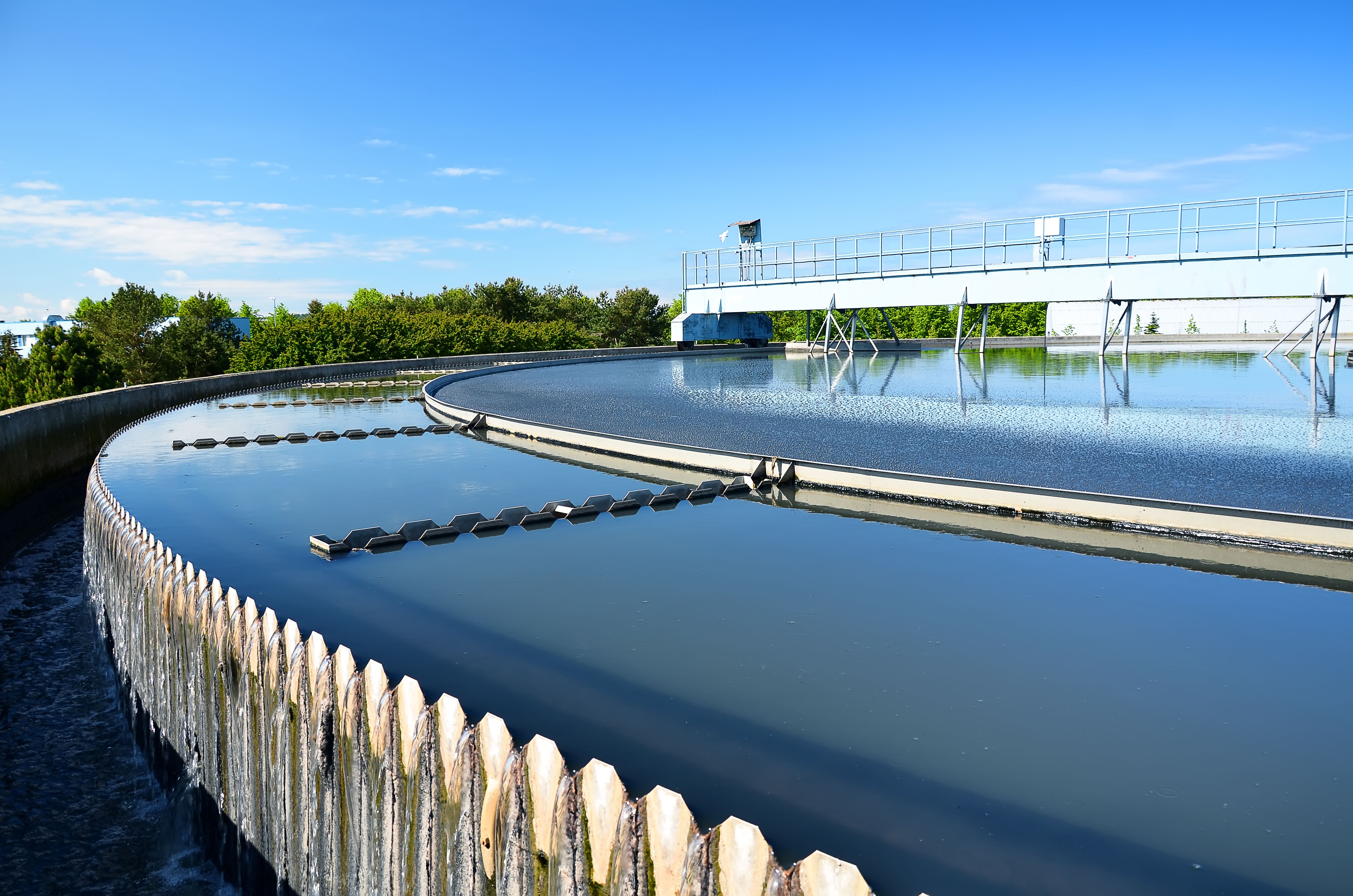Past IWA Programmes & Initiatives
Over the years, IWA has led numerous programmes and initiatives that advanced knowledge, innovation, and collaboration in the global water sector. Though these projects have concluded, their outcomes continue to shape our work and inspire lasting impact worldwide. Explore our past programmes and initiatives to learn more about their goals, achievements, and lasting impact.

Building nature based, resilient water systems: Catalyzing the Role of Water Regulators
In 2018, The Nature Conservancy (TNC) and The International Water Association (IWA) started a joint research work with the International Water Regulators Forum, IWA Specialist Groups and other networks, with the objective to support the information needed for ensuring policies and regulations that promote nature based solutions in water management.
Climate Resilient Water Safety Planning to Improve Water Supply and Public Health
Climate change is altering the hydrological cycle and hence, changing the timing and intensity of rainfall, directly affecting the quantity and quality of water resources for different users.
New Urban Agenda
The New Urban Agenda (NUA) is the outcome document to be agreed upon at the Habitat III cities conference in late October 2016. The draft text describes a shared vision, with principles and commitments, a call for action and an implementation plan.
Operation & Maintenance Network
Over recent decades progress has been made in expanding water supply and sanitation services to the un-served. However, the sustainability of existing and new infrastructure to deliver these services can be seriously undermined due to a lack of effective and well-resourced operation and maintenance (O&M) in an enabling institutional framework.
Performance-Based Contracts for Non-Revenue Water Management
The financial viability and operational performance of water utilities is heavily affected by excessive levels of non-revenue water (NRW). NRW refers to the difference between the amount of water that enters the distribution system and the amount of water billed to consumers.
Public Participation in the Regulation of Urban Water Services
Public participation is a way to enable informed dialogue amongst diverse stakeholders. An adequate process can contribute to good decision-making and improve trust among citizens, ultimately contributing to the effectiveness of such decisions and the sustainability of the whole system.
Regulating for Citywide Inclusive Sanitation
Through the IWA initiative “Regulating for Citywide Inclusive Sanitation” and in collaboration with its partners, namely representatives from regulators and organisations across the globe, the International Water Association aims at identifying the needs, opportunities, and tools for action to support and inspire regulators in their contribution to achieving citywide inclusive sanitation in the context of the Sustainable Development Goals.
Urban Sanitation and Wastewater
The Sustainable Development Goals demand that we halve the amount of untreated wastewater and ensure universal access to adequate sanitation
Water and Wastewater Companies for Climate Mitigation
Carbon and greenhouse gas emissions are driving climate change. Changes in our climate are changes in water, as these greenhouse gases are directly impacting the availability and quality of both source and receiving waters. The water industry is a prime victim in bearing the impacts of climate change, but it’s also a source of global carbon emissions from energy consumption, as well as process emissions from nitrous oxides and methane emissions in wastewater systems. The water sector can therefore contribute its share to meeting the internationally agreed target of below 2°C rise in global temperature.
Subscribe to our newsletters
IWA and sector updates
to your inbox
Follow us